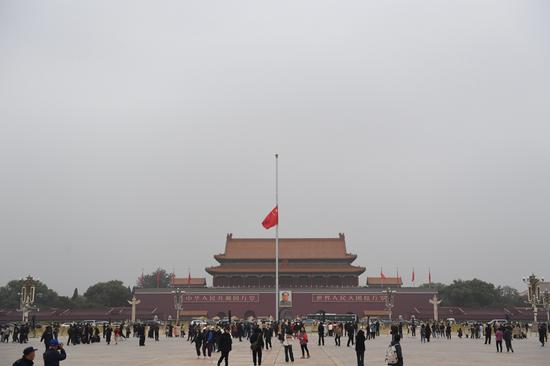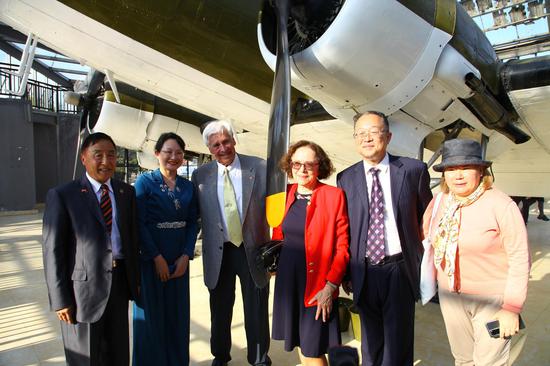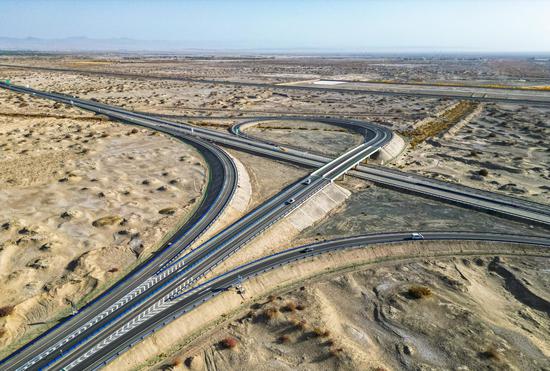China has channeled a tremendous amount of resources into improving grassroots healthcare infrastructure and nurturing related talent, and has made continuous efforts to promote the high-quality formation of families by strengthening healthcare for women and children, officials said in Beijing on Wednesday.
According to the latest figures from the National Health Commission, China now has over 3,800 community-based hospitals to meet the medical needs of the public.
The commission said that over 5,000 college graduates had been recruited as village doctors this year and nearly 4,800 medical students — included in a national tuition-waiver program in return for contributing to rural healthcare — had finished training for their grassroots positions so far this year.
"We've also pushed forward with family doctor services for average people, especially those key groups such as the elderly and disabled," Wang Bin, a senior official from the National Health Commission, told a news conference. "By the end of June, over 70 percent of these key groups nationwide had access to family doctor services.
He said that in the first half of this year, China had expanded public healthcare services to cover nearly 90 million people aged 65 and above (up 40 percent year on year), 110 million people with high blood pressure (up 3.3 percent), and around 37.63 million people with Type 2 diabetes (up 6.9 percent).
Healthcare services for women and children had also been improved, said Yu Yanhong, another senior official from the commission.
"In 2022, the maternal mortality rate fell to 15.7 per 100,000, and the infant mortality rate was 4.9 percent and the death rate of children under five years old was 6.8 percent, all record lows," she said, adding that such rates were among the best achieved in upper-middle-income countries.
Wang said that in May, the central authorities had stressed the importance of improving policies that supported childbirth.
"The commission has made continuous efforts to build up a systematic mechanism supporting childbirth and protecting health equality for women and children," he said. "We have also, in cooperation with other central departments, launched a series of related education, tax, housing and medical insurance policies."
The commission would continue to explore the enhancement of nursery services and related talent, and improve regulations and standards for the sector.


















































 京公网安备 11010202009201号
京公网安备 11010202009201号